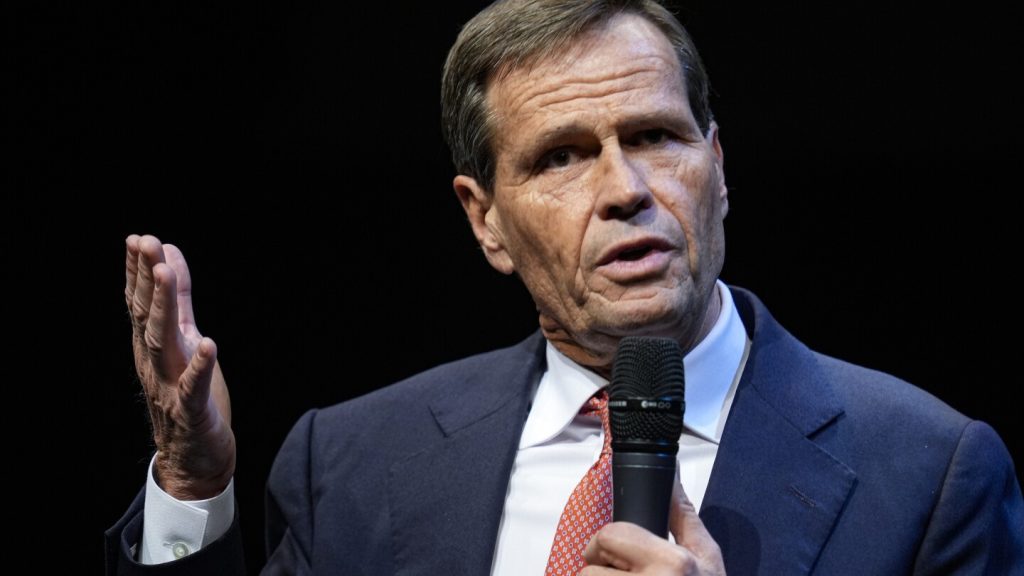In the upcoming Indiana Republican primary for governor, six candidates are vying for the nomination, each presenting themselves as outsiders despite having past statewide roles. The candidates are appealing to conservative voters in a race that has turned into a competitive, multi-million dollar campaign. The winner of the primary is expected to be the favorite in the November general election, as Indiana typically elects Republicans. With early voting already underway in the state, the candidates are gearing up for the last televised debate before the primary. Notably, U.S. Sen. Mike Braun, who enjoys advantages such as name recognition, funding, and an endorsement from former President Donald Trump, may not be able to attend the debate due to Senate votes on aid packages for Ukraine and Israel.
Among the candidates, Lt. Gov. Suzanne Crouch, who has previously run with Gov. Eric Holcomb, has campaigned on reducing the state’s income tax and improving services for addiction and mental illness. Crouch currently holds the most cash on hand among Indiana gubernatorial candidates, with $3 million. Businessperson and former commerce secretary Brad Chambers has focused his messaging on the economy, presenting a more moderate stance compared to other candidates. Chambers has spent $6.7 million on his campaign this year and has contributed $8 million to his own campaign. Eric Doden, another former commerce secretary, has put forth a plan to invest in Indiana’s small towns and has spent $5.2 million in the first three months of the year, with $250,000 of cash on hand.
Former Attorney General Curtis Hill, once a rising star in Indiana politics, has faced challenges in the current race. Hill lost the Republican nomination in 2020 following allegations of misconduct in 2018. Another candidate, Jamie Reitenour, a mother with no political experience, has garnered support from the Hamilton County Moms For Liberty group and has proposed appointing its leader to head the state education department. As the primary election approaches, the candidates are working to distinguish themselves and appeal to Indiana voters for the chance to succeed Gov. Holcomb, who is term-limited. With the debate serving as a key platform for the candidates to showcase their platforms and engage with voters, the race for the Republican nomination for Indiana governor continues to intensify.
In a state where Republicans have historically been successful in elections, the outcome of the primary will likely have significant implications for the November general election. The candidates are focusing on key issues such as the economy, taxes, and services for addiction and mental health, in their efforts to appeal to voters. The significant funding and endorsements backing some candidates, such as Sen. Mike Braun, add to the competitiveness of the race. As the candidates make their final appeals to voters in the lead-up to the primary, the state of Indiana remains poised for a closely watched gubernatorial race. With early voting already underway, the final days leading to the primary will be crucial for the candidates as they seek to secure the Republican nomination for governor and position themselves for the general election in November.















